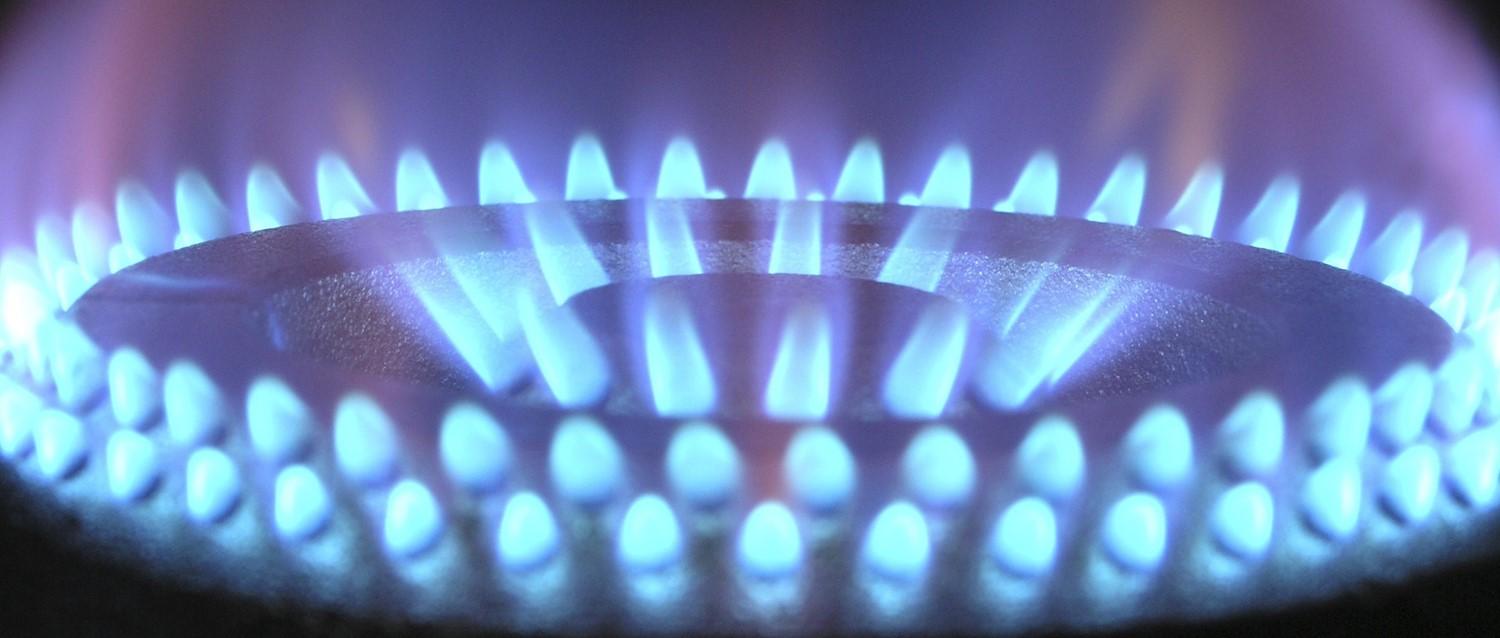
What is fuel poverty and how does it affect our health?
Peer reviewed by Dr Krishna Vakharia, MRCGPAuthored by Lydia SmithOriginally published 9 Nov 2022
- DescargarDescargar
- Compartir
The soaring cost of living and rise in gas prices has led to a surge in the number of households struggling to afford heat and electricity. The energy crisis has led to a sharp rise in fuel poverty, but what exactly does this mean?
En este artículo:
Seguir leyendo
What is fuel poverty?
Fuel poverty means being unable to afford to heat your home to a safe and comfortable standard. A household is usually classed as being in fuel poverty when they spend ten percent or more of their net income on fuel.
There are a number of factors that contribute to fuel poverty. Low or stagnant incomes, high fuel prices, unaffordable housing prices, and poor quality rental housing can have an impact on people's ability to heat their homes.
A rise in energy costs has led to a significant increase in fuel poverty in the UK. In April 2022, average household energy bills increased by by 54% from £1,277 to £1,9711 - and rose again to £2,500 in October2. As a result, an increasing number of people are struggling financially and having to make difficult decisions, such as choosing between heating their homes and buying food.
Between October 2021 and April 2022, National Energy Action estimated that the number of UK households in fuel poverty increased from 4.5 million to 6.5 million3. More people are expected to be plunged into fuel poverty as winter sets in.
Selecciones de pacientes para Condiciones medioambientales

Salud general y estilo de vida
What are EDCs and why should you worry about them?
If you've never heard of EDCs, you're not on your own - they're rarely talked about and don't often make the news. But it's time to start paying attention, because they're all around you, in places you'd never expect. What may surprise you even more is how harmful they can be to your hormone health.
por Victoria Raw

Salud general y estilo de vida
Agotamiento e insolación
Los riesgos de una exposición excesiva de la piel al sol son bien conocidos. Demasiado sol aumenta el riesgo de cáncer de piel, y las quemaduras conllevan un riesgo especialmente alto de melanoma maligno. Pero a corto plazo, el exceso de calor también conlleva un riesgo de agotamiento por calor que, si no se trata, puede provocar un golpe de calor potencialmente mortal.
por el Dr. Doug McKechnie, MRCGP
How does fuel poverty affect health?
Fuel poverty has a detrimental impact on our health and wellbeing. Some existing health conditions can be affected badly by cold and others can be brought on as a result of prolonged exposure to the cold. Living in a cold, damp home can increase the risk of cardiovascular problems, especially among vulnerable people such as the elderly.
In cold temperatures, blood tends to thicken, leading to an increase in blood pressure and increased risk of heart attack and stroke as the heart works harder to pump blood around the body4.
Being cold also affects our body's ability to fight off infection. Lung conditions and coughs can develop into a more serious problem, such as pneumonia.
Cold conditions in a home can also contribute to dampness and mould growth, which can lead to breathing problems. Mould spores and dust mites in the air can cause allergic reactions, which in turn can cause issues for people with respiratory illnesses such as asthma.
Fuel poverty can also impact mental health, leading to stress, anxiety and depression.
Seguir leyendo
How does fuel poverty affect children?
Children in cold homes are more than twice as likely to suffer from breathing problems when compared to those in dry and warm homes5.
Poverty is a known risk factor when it comes to poor mental health and living in a cold home can also have a negative impact on children’s education, as those with health issues caused by cold, damp homes may need time off school6. Children living in poverty may also struggle to concentrate on school if they are hungry or tired.
How to get help with fuel poverty
Speak to your energy supplier
If you're struggling to afford your bills, speak to your supplier to see if you can alter your payment plans. Providers have ways to be able to support their customers, so talking to them as soon as possible is important to tackle fuel poverty.
Seek financial support
There are various ways to get support if you’re struggling financially. You can check if you are eligible for benefits on Gov.uk. The government will send you a 'cost of living payment' if you get certain benefits, such as Universal Credit, PIP or Attendance Allowance. You will also be eligible if you are over State Pension age and get Winter Fuel Payments.
You may be able to apply to your council’s local welfare assistance scheme. Each local authority runs their own scheme - some offer small grants or food vouchers.
Get help via a charity
Some charities offer support services and help people access grants and benefits, including Turn2Us and the debt charity StepChange. Citizens Advice also has helpful information regarding energy bills, benefits and financial support.
It's important not to struggle alone, even though it can be challenging to talk about financial worries.
Seguir leyendo
Para saber más
UK Parliament: Domestic energy prices
Energy Saving Trust: How will energy bills go down?
National Energy Action: Energy crisis
NHS England: Cold weather increases risk of heart attack and stroke
Historia del artículo
La información de esta página ha sido revisada por médicos cualificados.
9 nov 2022 | Publicado originalmente
Autores:
Lydia SmithRevisado por expertos
Dr. Krishna Vakharia, MRCGP

Pregunte, comparta, conecte.
Explore debates, formule preguntas y comparta experiencias sobre cientos de temas de salud.

¿Se encuentra mal?
Evalúe sus síntomas en línea de forma gratuita